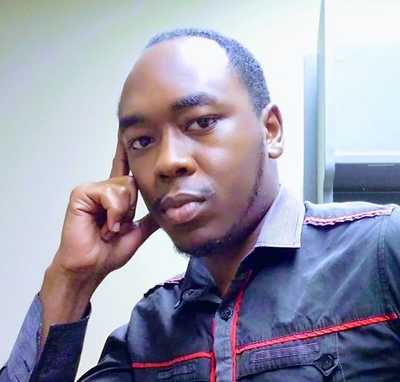What are the Swahili words in Lion King?
May 9, 2022
Have you ever found yourself or someone around you saying, “Hakuna Matata?” Do you know what it means, what language it’s from? Well, the language spoken is Swahili & perhaps the most iconic Swahili phrase out of the Disney film the Lion King is Hakuna Matata, which everyone remembers thanks to the catchy song of that title. You might say that the movie, The Lion King, birthed the word but how wrong you would be. Hakuna Matata is Swahili for “No problems or worries.” It comes from two words, Hakuna (there is no) and Matata (worries or problems). With this information in mind, you may wonder about the other Swahili words in Lion King of which there are quite a few. Below we discuss them and what they mean in Swahili.
One of the larger sources of Swahili words in Lion King comes from the characters’ names. Starting with Simba and Nala, Simba is simply the Swahili word for “lion,” the animal also referred to as the king of the jungle. The last syllable in the word Simba is stressed because of the strength, courage, and leadership that a lion commands in the jungle. These traits are evident in the movie, perhaps to echo the name. Nala, Simba’s betrothed’s name, means “beloved” or “gift.” Sarabi is Mufasa’s wife and Simba’s mother in the film. It’s a beautiful name for a girl, which means “mirage.”
Rafiki’s name means “friend.” This could be because the mandrill’s role is as a mentor, friend, and someone that Simba can trust with his secrets. His character is sort of the shaman of the forest in the same way that Simba is the king. Pumbaa the warthog was not so lucky with his name. Pumbaa is short for Pumbavu, which in Swahili translates to “foolish, stupid, or weak-minded.” He’s one of the characters who sing the song “Hakuna Matata.”
Mufasa, Simba’s father, also has a name that means King. He is the king from the beginning of the film until his death. His brother, Scar, who is the villain of the film, is also known as Taka, which means “trash” or “garbage” in Swahili. Taka was second in line to the throne of the pride lands, after his brother, until Simba was born, so he is resentful of his young nephew. In the movie, Mufasa laughs at Scar and gives him his new nickname, which doesn’t go down well with the latter. Being rejected and dismissed by his brother makes him a villain, which eventually leads to (spoiler alert) killing his brother thus vindicating Mufasa’s choice in nicknaming him taka (trash)
Shenzi is the name of one of the hyenas who serve as Scar’s henchmen in the film. If someone calls you Shenzi in Swahili they have a low opinion of you. Shenzi means “savage” or “foolish,” just like the stereotype that we attach to hyenas (savage, stupid, lazy). Shenzi the character does not show leadership or a clear understanding of the big picture. It is unsurprising then, that the hyenas go hungry while working with Scar.
There are several songs in the Lion King that use Swahili words and phrases, but one that stands out is Rafiki’s song when he learns that Simba is alive. The lyrics go, “…asante Sana, squash banana, we ni nugu, mimi hapana…” This part translates to “thank you very much, squash banana, you’re a baboon I am not.”
The Lion King is a good introduction to East African culture, specifically Kenyan culture, as that is where most of the research for the movie was centered. The phrase “Hakuna Matata,” which was discussed above, was picked up by the production team from a tour guide while on a safari (tour). It was then put to a catchy tune that is sung by fans all over the world.
Now that you know the Swahili meanings of Hakuna Matata and other Swahili words in Lion King… are you surprised? Does this add to your understanding of the movie? Interested in East Africa?
Written By

Kimathi
Kimathi got his education degree to teach Swahili at the University of Nairobi and taught Swahili language and literature at a high school there for three years before coming to the US for graduate studies. He has worked as a translator and editor for the last few years as well as teaching Swahili language and African cultural studies classes at the University of Wisconsin, Madison.
Ready to begin your journey?Schedule your first lesson now

